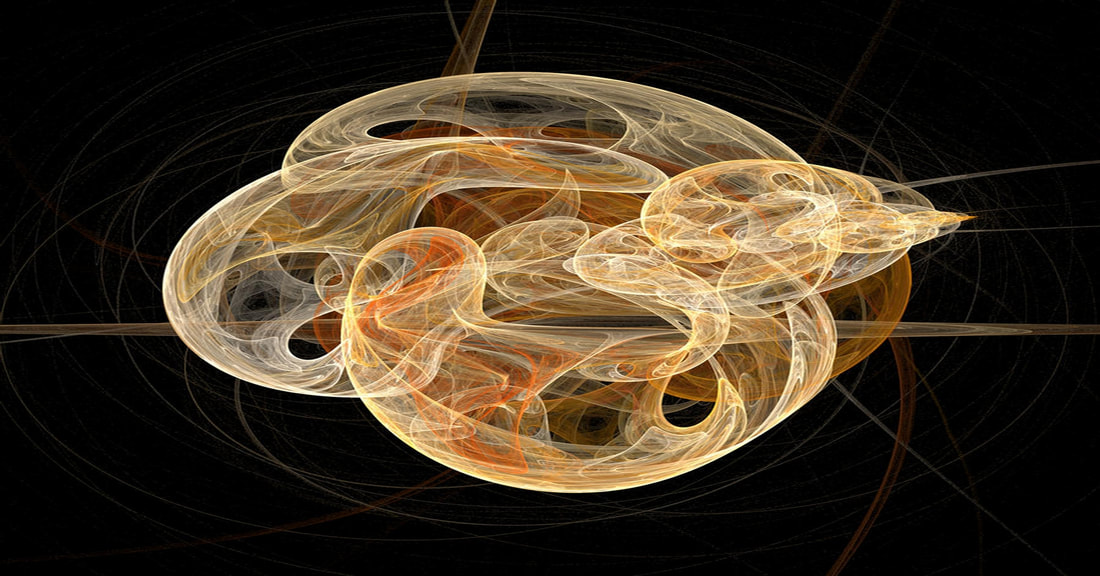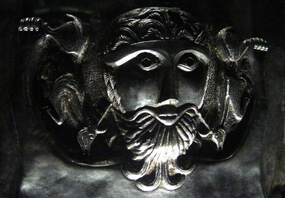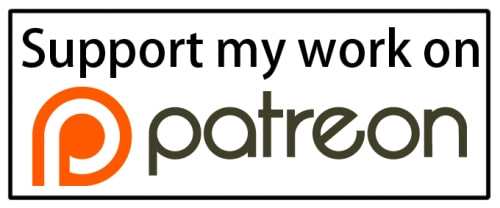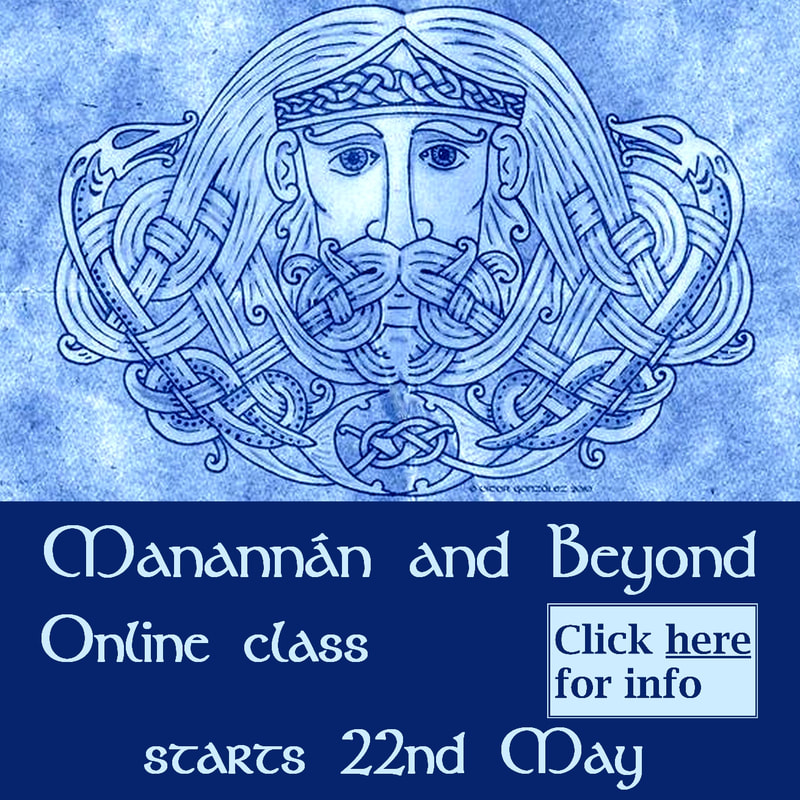Did we lose our creation myth?
The lack of a “Celtic creation myth” is something that has vexed scholars, and bothers many modern Pagans, as well. Some people feel that our body of myths is incomplete without one, and some neoPagans feel that their attempt at reconstructing a religion requires a creation myth. But what can you do? It’s not there.
There are various theories as to why. The Druids kept it as secret lore, and the Christian monks erased it because it differed from the biblical one being the two most popular. Neither of these feel entirely plausible to me. Creation stories are usually widely shared in a culture. I can imagine that there was knowledge that the Druids didn’t share widely, but that would probably have amounted to “trade secrets”, for the most part. In most cultures, creation stories are used to entertain, or to reinforce the truth of a particular religious paradigm. They’re really not much use if you keep them secret.
The Christian thing is a little more likely, I suppose. I don’t much care for Christianity, but I still think that Irish churchmen (and a little later Welsh churchmen) recorded myths and stories primarily because they thought they were worth preserving. After all, these will have been the stories they grew up with – their own indigenous material. I’m not saying that they never made editorial decisions for religious reasons, but often what we see in old manuscripts looks like an effort to preserve things with a degree of accuracy.
Still, if anything might have been problematic in the cultural mythos, a creation story which directly contradicted the well known creation and flood stories in the Book of Genesis might have been it. Certainly, when we get to the Lebor Gabála Érenn (The Book of Invasions) there is a conscious effort to create a story of Ireland which can be slotted into that system. However, because creation stories tend to be popular and widely known in a culture, you would expect to see some signs of it in the myths. Like a piece of clothing that has been altered, the shape of the original garment is usually evident, especially when examined by an expert. Goodness knows, Celticists have given the medieval manuscripts of Wales and Ireland a thorough going over, but there is no sign of a creation myth.
Sometimes, folklore preserves things that don’t get written down, and it has been suggested that the folklore surrounding An Cailleach, especially the folklore about Her in Scotland, might be what we’re looking for. It’s tempting to see this. There are many stories of The Cailleach creating aspects of the local landscape in local stories. She is sometimes represented as a giantess who moves large stones or creates mountains and lochs through her various activities – sometimes she even has sisters who help her. Legends like these are common all over the world. Only a few of them attempt to explain the creation of everything, though. They are usually limited to familiar topography. I’ll accept The Cailleach as both a creator and a destroyer on that scale, but She doesn’t look like the creator, to me.
Personally, I’m perfectly happy without a creation story. If Celtic-speaking people didn’t have one, that is really worth thinking about. It takes us outside of the Abrahamic worldview, and I think that’s a hard place for many of us to find, no matter how much we believe we’ve rejected it, because it’s so all-pervasive. What does it say, when people believe not that their gods put them into a world that had been created for them, but that their gods/ancestors travelled to a kind of paradise and took up residence there? Or even more simply, that the world has more-or-less always existed. I find it kind of refreshing.
But I read a Celtic creation myth one time.
There are a number of things floating around that try to be this. Most of them are just exercises in creative writing that got widely disseminated, often detached from their original intent, and the names of their original authors. They are all modern. Writers as diverse as Ella Young in her 1910 collection, Celtic Wonder Tales, and Peter Beresford Ellis in his Celtic Myths and Legends, have written them. There are several which appear on the internet frequently, so let's go through those.
A Tale of Great Love (a reconstructed Gaelic creation myth) by Iain MacAnTsaoir, is a serious attempt at reconstruction, but takes wild liberties with pretty much everything. This is the one about “Donn and Danu”. It turns up a lot in blogs and on YouTube, and MacAnTsaoir is rarely credited.
Then there is one written by Frank Mills, in 1998, called Oran Mór: The Primordial Celtic Myth. It’s just a bit of spiritual fluff with no real plot, which surfaces from time to time.
Finally, there's the one about how a horse called Eiocha is born from sea foam. She gives birth to Cernunnos, then mates with him. Before you know it, deities from Gaul, Ireland and Wales are running about interacting with one another. Then they create animals and humans, and finally fight some giants. In case you’re not sure, this is not an ancient Celtic myth. I finally tracked the origins of this one down at this link. I was created in New York, by “a team” in 2002.
Of course, I know the real answer. A hare laid an egg, and the world hatched out of it.
Have a lovely Vernal Equinox!
| I'd like to invite you to check out the new Online Classes page. I have lots of interesting things coming up, and lots of satisfied students. She said modestly. |




 RSS Feed
RSS Feed




